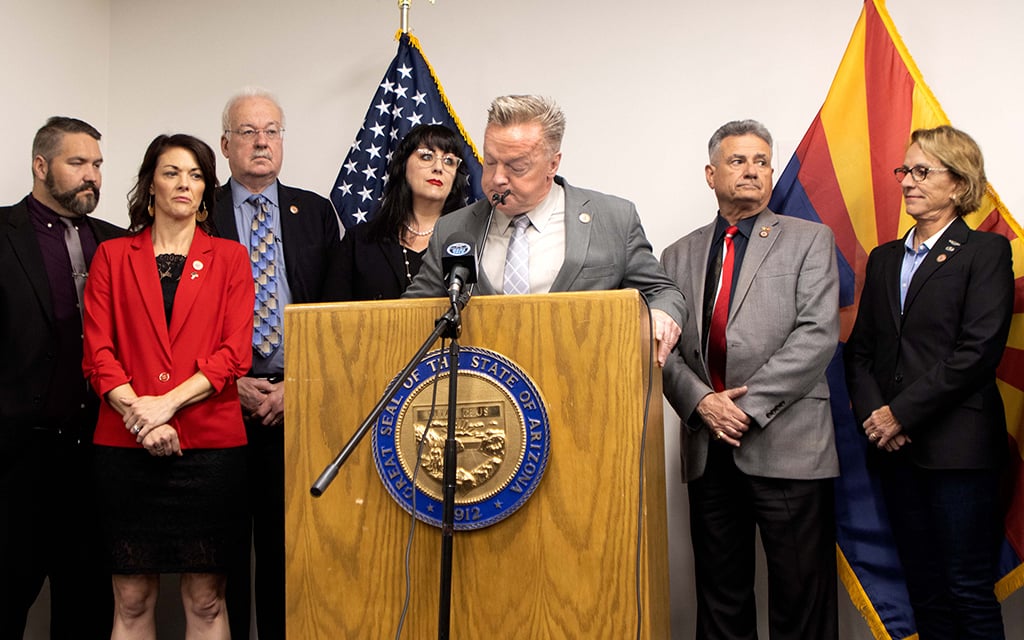Minnesota Could Be Third State To Adopt Ranked-Choice Voting, Following Alaska And Maine; Arizona Republican Legislators Announce Formal Opposition to Ranked Choice Voting; Ranked-Choice Voting Should Be Ranked Dead Last as an Election Reform
Minnesota Could Be Third State To Adopt Ranked-Choice Voting, Following Alaska And Maine:
Minnesota is seeking to become the third state in the nation to utilize ranked-choice voting (RCV) for state and federal elections, following in the steps of Alaska and Maine.
While five cities in the Gopher state already use RCV for municipal elections — Minneapolis, Saint Paul, Bloomington, Saint Louis Park, and Minnetonka — Minnesota Senator Kelly Morrison has introduced a bill that would require RCV for all state and federal elections. While the bill is currently in committee, it has a companion in the Minnesota House that’s waiting for a hearing.
RCV requires voters to rank candidates in order of preference. If no candidate receives 50 percent of the vote, the candidate with the least votes is eliminated, and his votes are redistributed to whichever candidate his voters ranked as their second choice. This process continues until one candidate clears 50 percent.
As one might imagine, this process is riddled with errors. Not only do election results take weeks or even months to tabulate, but sometimes the wrong candidate wins. In an Oakland school board race, for example, election officials announced — two months after the fact — that they got the count wrong. The rightful winner is now suing for his seat. —>READ MORE HERE
Arizona Republican legislators announce formal opposition to ranked choice voting:
The Arizona Freedom Caucus wants to preemptively prohibit any use of ranked choice voting to decide city, state, county or federal elections, Republican lawmakers in the caucus said Wednesday morning at a news conference in the state Senate building.
In ranked choice voting — sometimes called instant-runoff voting — voters can rank candidates in order of preference. If no candidate receives a majority after the initial vote, the candidate with the fewest votes gets eliminated, and votes are redistributed based on voters’ second choices, etc. The process continues until a candidate wins a majority of votes.
“Ranked choice voting, again, should be called rigged choice voting,” said Sen. Anthony Kern, R-Glendale, a member of the Arizona Freedom Caucus. “Because it disenfranchises voters and allows marginal candidates not supported by a majority of the voters to win elections.”
Ranked choice voting gained national attention after Republican Sarah Palin lost a special election last year to Mary Peltola, who became the first Democrat in nearly half a century to represent Alaska in the U.S. House of Representatives. Alaska began using ranked voting last year.
Advocates say the process makes those running broaden their appeal to speak to a wider base, making it harder for extreme candidates to win. But it also typically includes an open primary, rather than party-controlled primary elections.
Kern sponsored SB 1265, which says the person who receives the highest number of legal votes is declared elected, and which would prohibit any implementation of ranked choice voting in state, city, town, county or federal elections. —>READ MORE HERE
Follow links below to relevant/related stories:
+++++Ranked-Choice Voting Should Be Ranked Dead Last as an Election Reform+++++







Comments are closed.